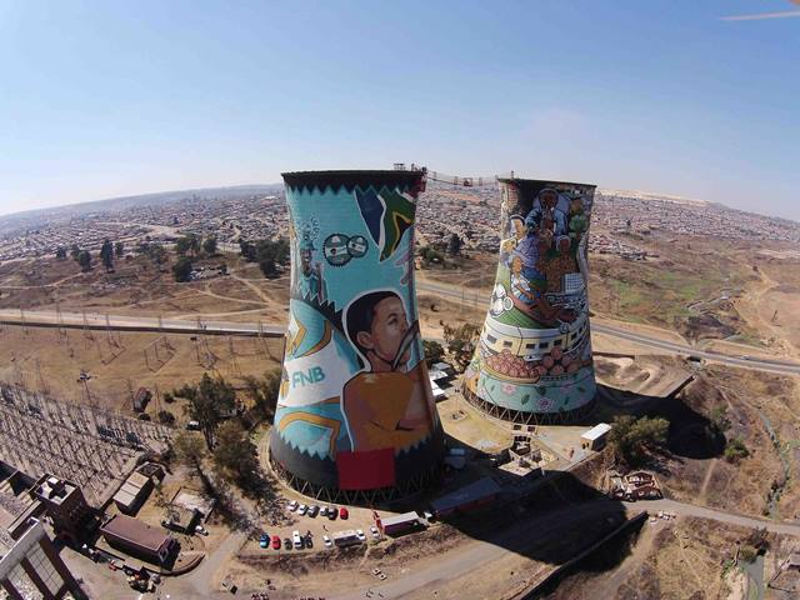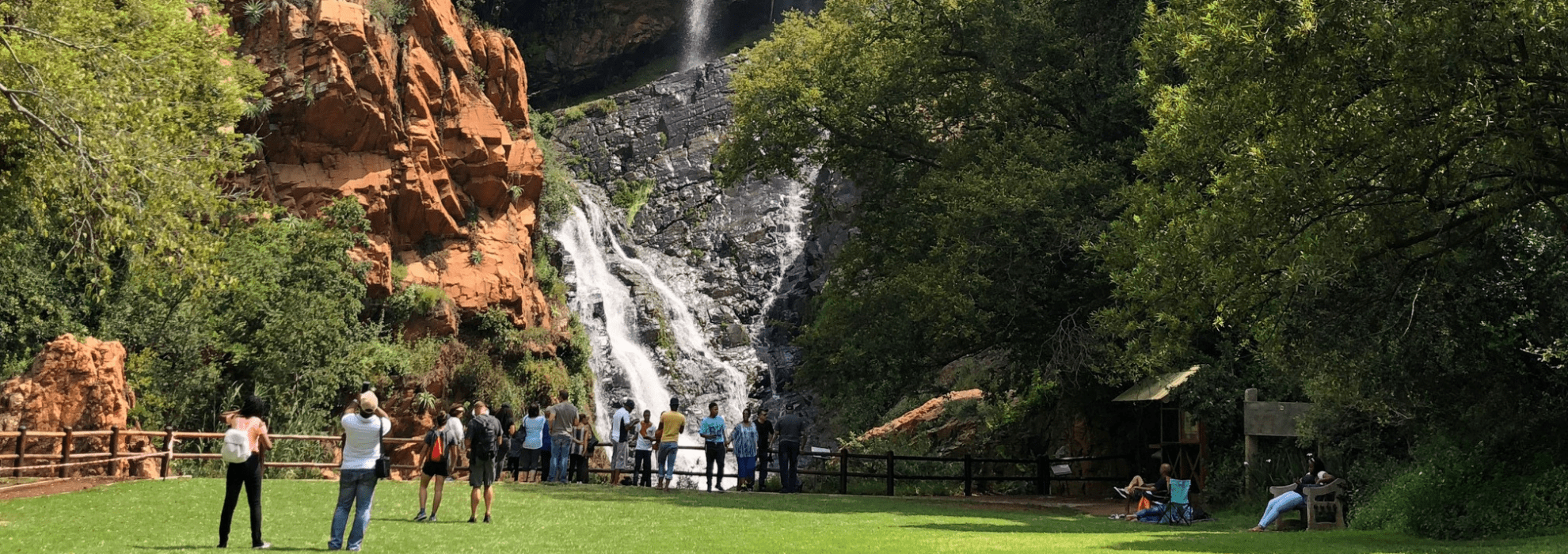The Johannesburg North Attractions Ideas
The Johannesburg North Attractions Ideas
Blog Article
Not known Facts About Johannesburg North Attractions
Table of ContentsAll about Johannesburg North AttractionsUnknown Facts About Johannesburg North AttractionsJohannesburg North Attractions Things To Know Before You BuyWhat Does Johannesburg North Attractions Do?Some Known Questions About Johannesburg North Attractions.Johannesburg North Attractions Can Be Fun For EveryoneMore About Johannesburg North Attractions
You ought to keep protection in mind and travelers need to remain sharp at all times when in strange surroundings. Speak to the citizens when you are in town to find out concerning the area you are remaining in. Johannesburg North attractions. When on the street (this doesn't relate to mall and various other protected environments) finest general guidance is to try your finest to look like a neighborhood and to avoid presenting any kind of kind of wealth
The Of Johannesburg North Attractions
Professor Revil Mason O. J. (Thomson, 1946) checked out the Witwatersrand's pre-colonial history. His archaeological job took off the 'em pty land' misconception, according to which the area was without human habitation before the arrival of European inhabitants. In his magazines Prehistory of the Transvaal: A Document of Human Activity (1962) and Beginnings of Black People of Johannesburg and the Southern Western Central Transvaal AD 3501880 (1986 ), Teacher Mason showed the level of social and financial growth in the location before Europeans established foot right here.

The Best Guide To Johannesburg North Attractions
In 1878, David Wardrop discovered gold in quartz capillaries at Zwartkop, north of Krugersdorp. In 1881, Stephanus Minnaar came across gold on the ranch Kromdraai, near the Cradle of Humankind.
In March 1886, a protrusion (quickly to be called the Key Reef) was located, fairly fortunately, on Gerhardus Oosthuizen's ranch Langlaagte. Some state that the Lancastrian coal miner George Pedestrian found this coral reef. Another itinerant English prospector, George Harrison (that had actually formerly functioned in Australian mines) gotten a prospecting licence in respect of Langlaagte in May 1886.
He chose to relocate on in a quest for greener pastures, and disposed of his Langlaagte insurance claim for the princely amount of 10. Alas: under lay the wealthiest goldfield ever located. The discovery of this rich auriferous coral reef prompted a gold rush that signified the end of bucolic tranquillity in the southern Transvaal.
It would, within 6 years, come to be the largest community in southern Africa. Within a decade, it would make the Z. A. R. until after that an anarchical and bankrupt little state the richest nation in Africa. By the turn of the century, the Z. A. R. was to go beyond Russia, Australia and the United States of America to end up being the globe's leading gold manufacturer, producing greater than a quarter of the world's gold.
The 7-Minute Rule for Johannesburg North Attractions
It was known as Ferreira's Camp, called after Colonel Ignatius Ferreira. He was a Boer traveler upon whom the British authorities had bestowed the standing of Companion of one of the most Differentiated Order of St Michael and St George (entitling him to the post-nominal letters C. M. G.) in gratitude for his function in the war that had deposed the Pedi king Sekhukhune in 1879.
2 other camps were established: Meyer's Camp on the ranch Doornfontein, and Paarl Camp. The latter was nicknamed Afrikander Camp; many people from the Cape Swarm worked out there.

Everything about Johannesburg North Attractions
This name got currency by word of mouth, such that the State Assistant affirmed the name to the Mining Commissioner on 9 October 1886. Stands in the town were auctioned on 8 December 1886. While some stands were sold for 10, others were torn down for as little as sixpence.
2 years later on, these erven were to alter hands for as high as 750 each. The tented camps decreased over here as a dorp of corrugated iron structures developed and broadened north of the mines situated along the Key Reef Road. Locations such as Jeppe's Town (where working-class immigrants erected their residences) and Doornfontein (where the affluent new 'Randlords' began to build their opulent houses) were quickly added to the ever-expanding map of the town.
All about Johannesburg North Attractions
Aside from the street names, there were no indications of Johannesburg being situated in a Dutch-speaking nation. Several years later, C. W. Kearns O. J. (one of like this the very first boys enrolled at St John's College in 1898) would certainly remember: 'A strange reality concerning Johannesburg was that, although it was in the [Boer Republic], almost everybody talked English and also the Federal government slaves attended to one in English, unless they were initial attended to in the Taal (or Reduced Dutch)'.
Thus, Britain had an interest in ensuring optimum problems for gold manufacturing on the Witwatersrand, and that the gold was exported to London rather than Berlin a crucial made all the extra clamant by the Z. A. R - Johannesburg North attractions.'s boosting toenadering with Germany. Mine owners were on a clash with President Kruger, whose plan of monopolistic concessions (usually granted to his cronies) stopped mining firms from procuring supplies of materials (particularly dynamite) and labour by themselves, cheaper terms
The Of Johannesburg North Attractions
In 1890, the Volksraad had limited the franchise to white men that had actually lived in the Z. A. R. for fourteen years or longer, hence invalidating a lot of the immigrants (who took place to be the significant factors to the fiscus). Anxiety for the vote was a simple pretense for promoting a various program; most uitlanders regarded themselves as short-term visitors and had no purpose of remaining in the Z.
Report this page